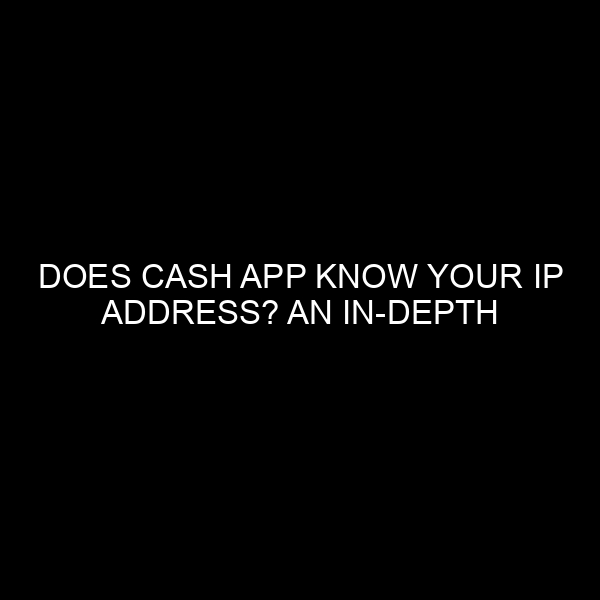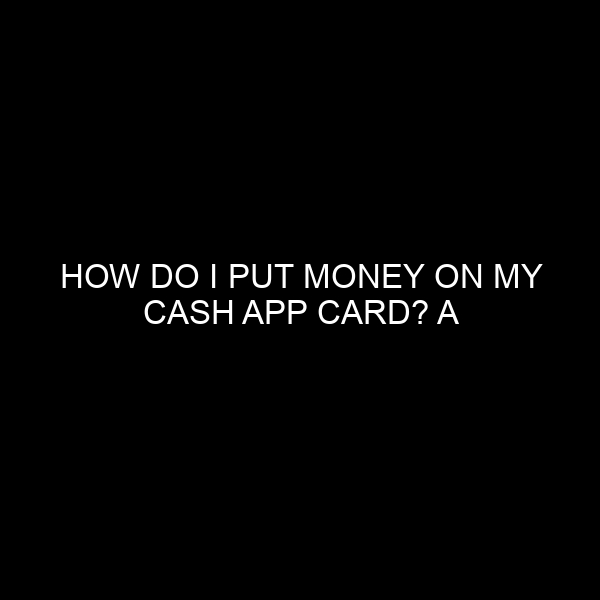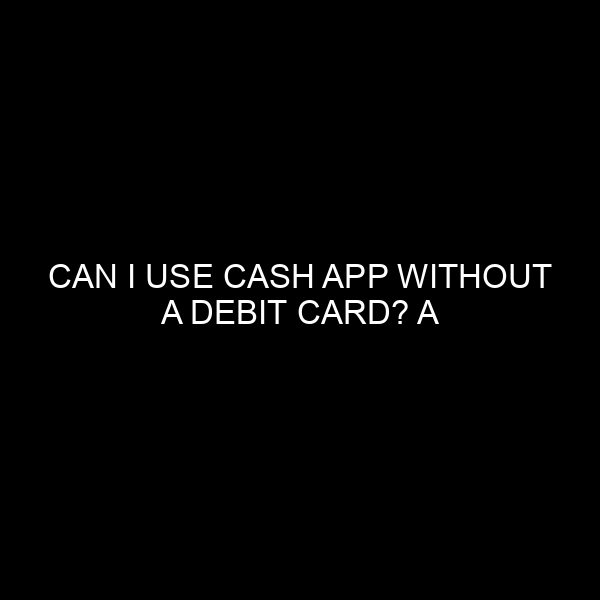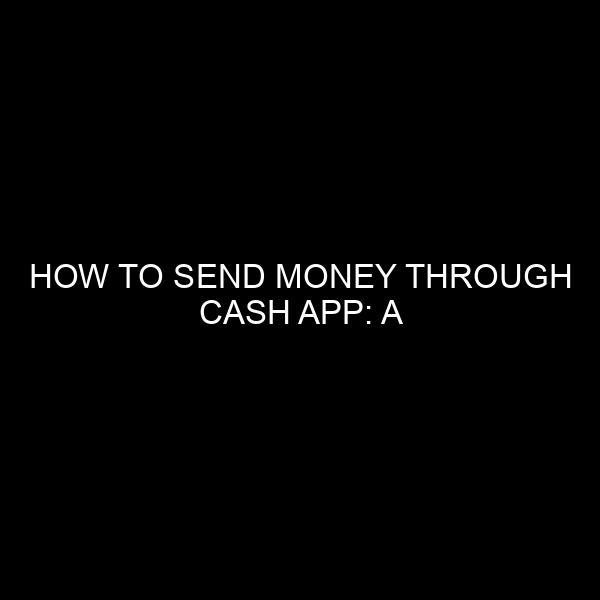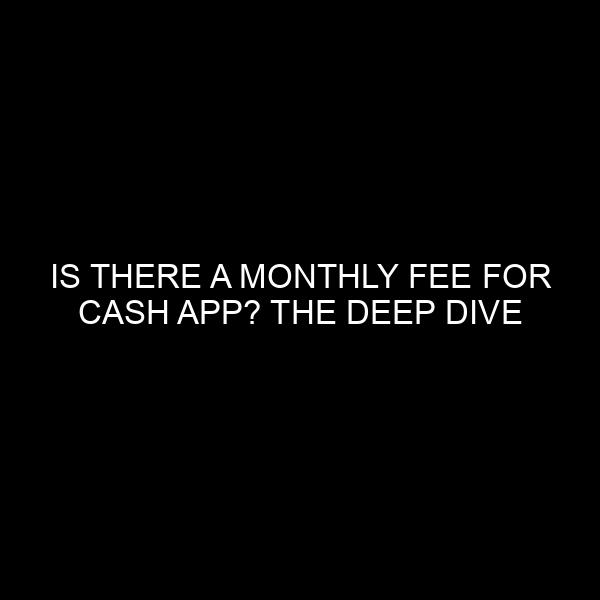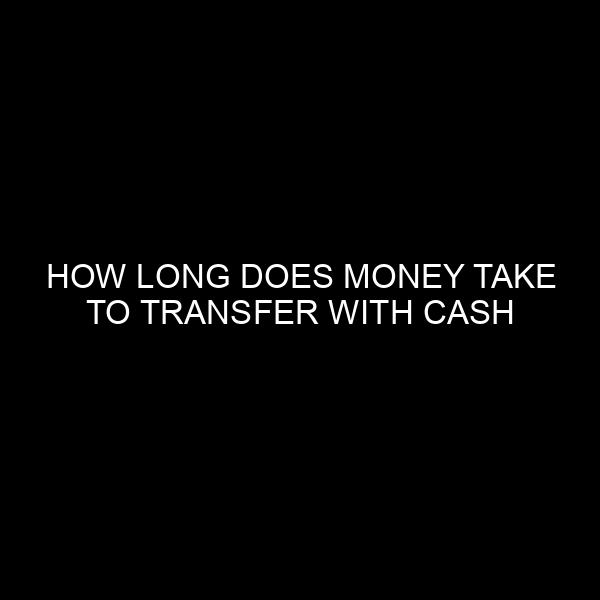Does Cash App Know Your IP Address? An In-depth Analysis from a Financial Expert
The digital transformation has ushered in a new era for the financial and banking industries. From online banking to digital wallets, technology continues to reshape how we manage, send, and receive money. Among the platforms leading this charge is Cash App, a peer-to-peer payment app that has grown increasingly popular over the past few years. A recurring question among privacy-conscious users is: “Does Cash App know your IP address?” To provide a comprehensive answer, let’s dig deeper into the topic and understand its implications.
The Intricacies of IP Addresses and Financial Apps
Every device connected to the internet is assigned a unique identifier known as an IP (Internet Protocol) address. This address helps in routing the vast amounts of data traveling through the worldwide web. As with many apps and websites, it’s not uncommon for them to access and store this piece of information for various reasons.
1. Security and Fraud Detection
One of the primary reasons Cash App and similar platforms might monitor IP addresses is to enhance security. Financial apps, given their nature, are attractive targets for malicious actors. An unexpected IP address might be indicative of unauthorized account access. By tracking the IP addresses, Cash App can implement preventive measures, such as sending alert notifications to users or temporarily locking accounts showing suspicious activity.
2. Geolocation Services
While IP addresses don’t provide pinpoint geographic accuracy, they can offer a rough estimate of the user’s location. This data can be crucial for services that need to comply with jurisdiction-specific laws or for apps that offer location-based offers or features.
3. User Experience and App Performance
IP addresses can also help developers understand their user demographics. By analyzing IP data, companies can tailor their services to cater to specific regions, thereby enhancing user experience. Additionally, this data might assist in server load balancing, ensuring that the app functions smoothly for all its users.
What About User Privacy?
The potential collection of IP addresses by Cash App might raise eyebrows for those concerned about their online privacy. So, it’s essential to clarify the difference between data collection for functionality and any potential misuse.
1. Data Privacy Policies
Like other financial entities, Cash App is governed by stringent data protection regulations. Their privacy policy will outline what data they collect, how it’s used, and with whom it’s shared. As a responsible user, it’s always recommended to go through these policies and understand your rights and the platform’s obligations.
2. Encryption and Data Protection
Reliable financial apps, Cash App included, employ robust encryption methods to protect user data. This means that even if the data, including IP addresses, is stored, it’s encrypted, making it challenging for any external entity to misuse it.
3. Regulatory Compliance
The banking and financial sectors are heavily regulated. Non-compliance with data protection norms can lead to severe penalties. Hence, there’s a strong incentive for platforms like Cash App to treat user data with the utmost care and respect.
Should You Be Concerned?
Given the importance of IP addresses for security and functionality, it’s reasonable for Cash App and other financial platforms to access and possibly store this data. However, from a user perspective, the real question is about trust.
1. Transparency
Check if the platform clearly communicates its data collection practices. Transparency is a hallmark of a trustworthy entity. If you’re in doubt, reach out to their customer service for clarification.
2. VPNs and Anonymity Tools
If you’re keen on maintaining your online anonymity, consider using VPNs (Virtual Private Networks) when accessing financial apps. While this might occasionally trigger security alerts (due to frequently changing IP addresses), it provides an added layer of privacy.
3. Regularly Monitor Your Account
Regardless of IP tracking, always keep a close eye on your financial accounts. Promptly report any suspicious activities and make it a habit to change passwords periodically.
Conclusion
To wrap up, does Cash App know your IP address? Given the industry practices and the reasons outlined above, it’s probable. However, this isn’t necessarily a cause for concern. When understood in the right context, it’s more about ensuring security and enhancing user experience than about breaching privacy. As always, stay informed, be proactive about your online privacy, and choose platforms that align with your privacy expectations.
